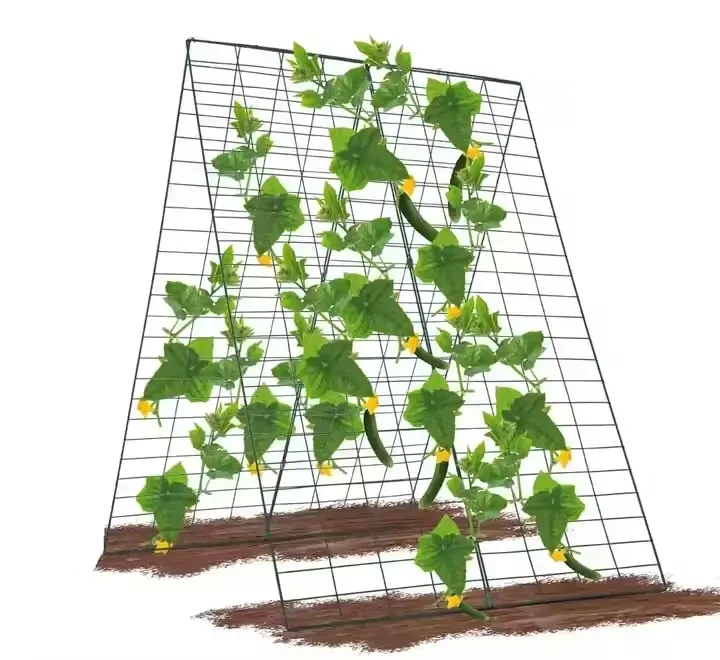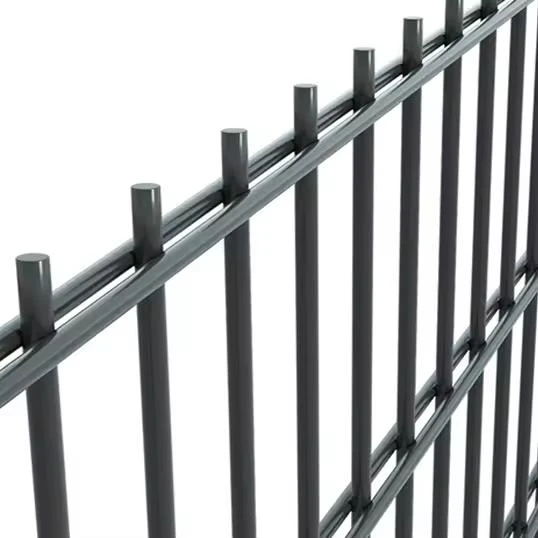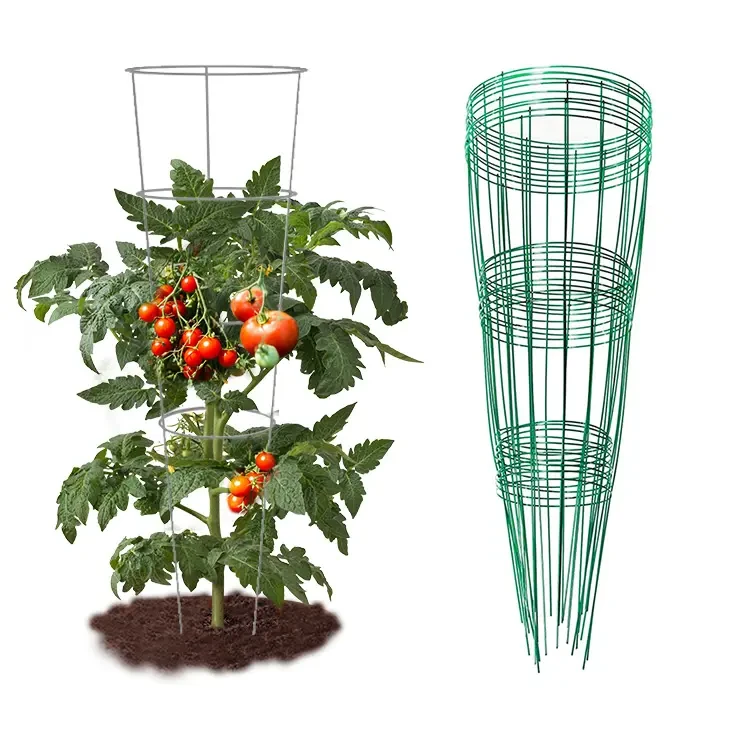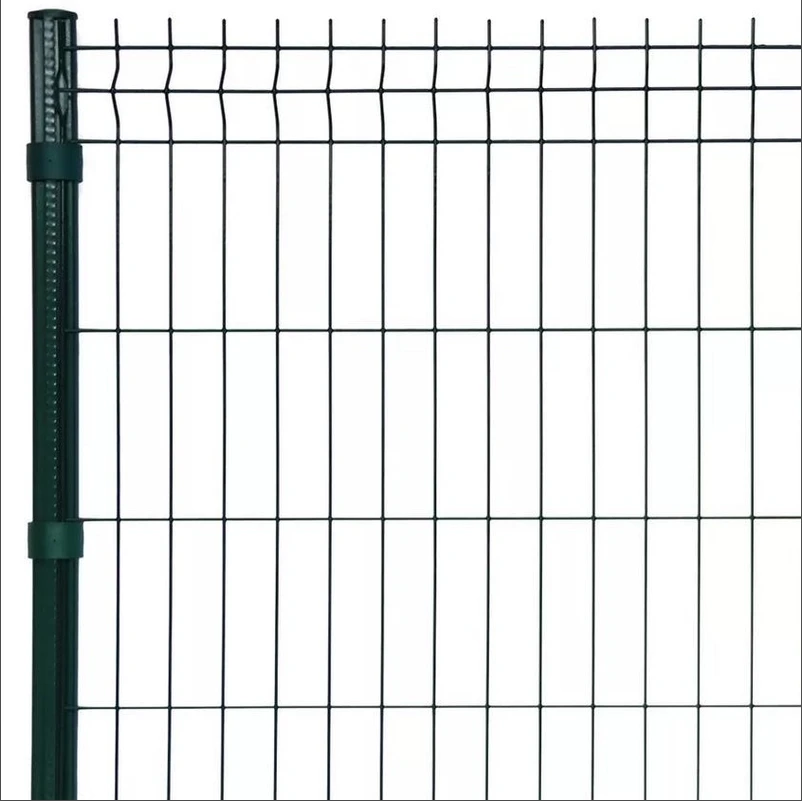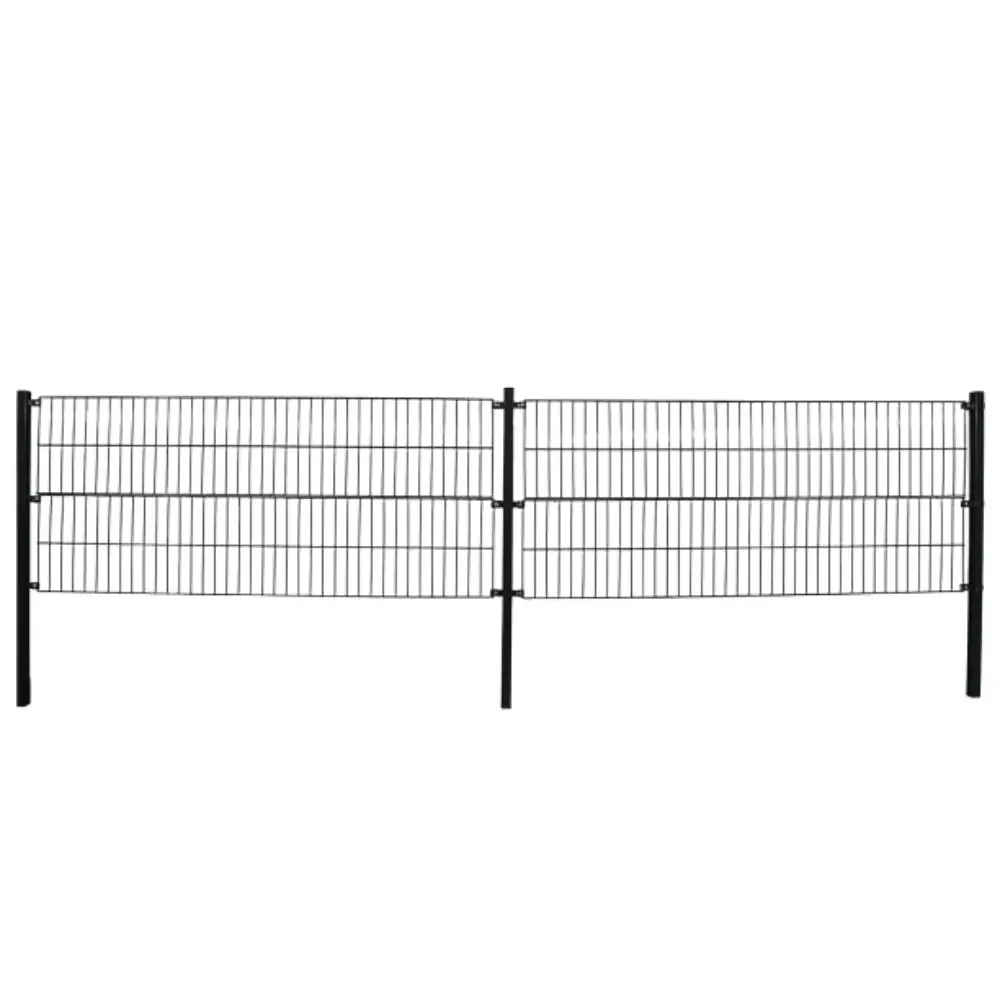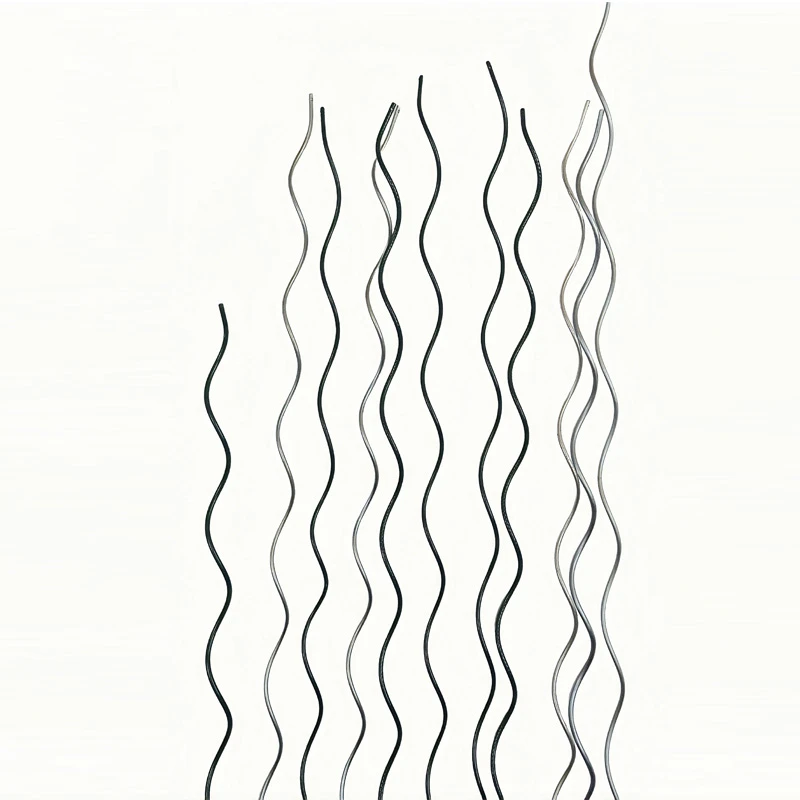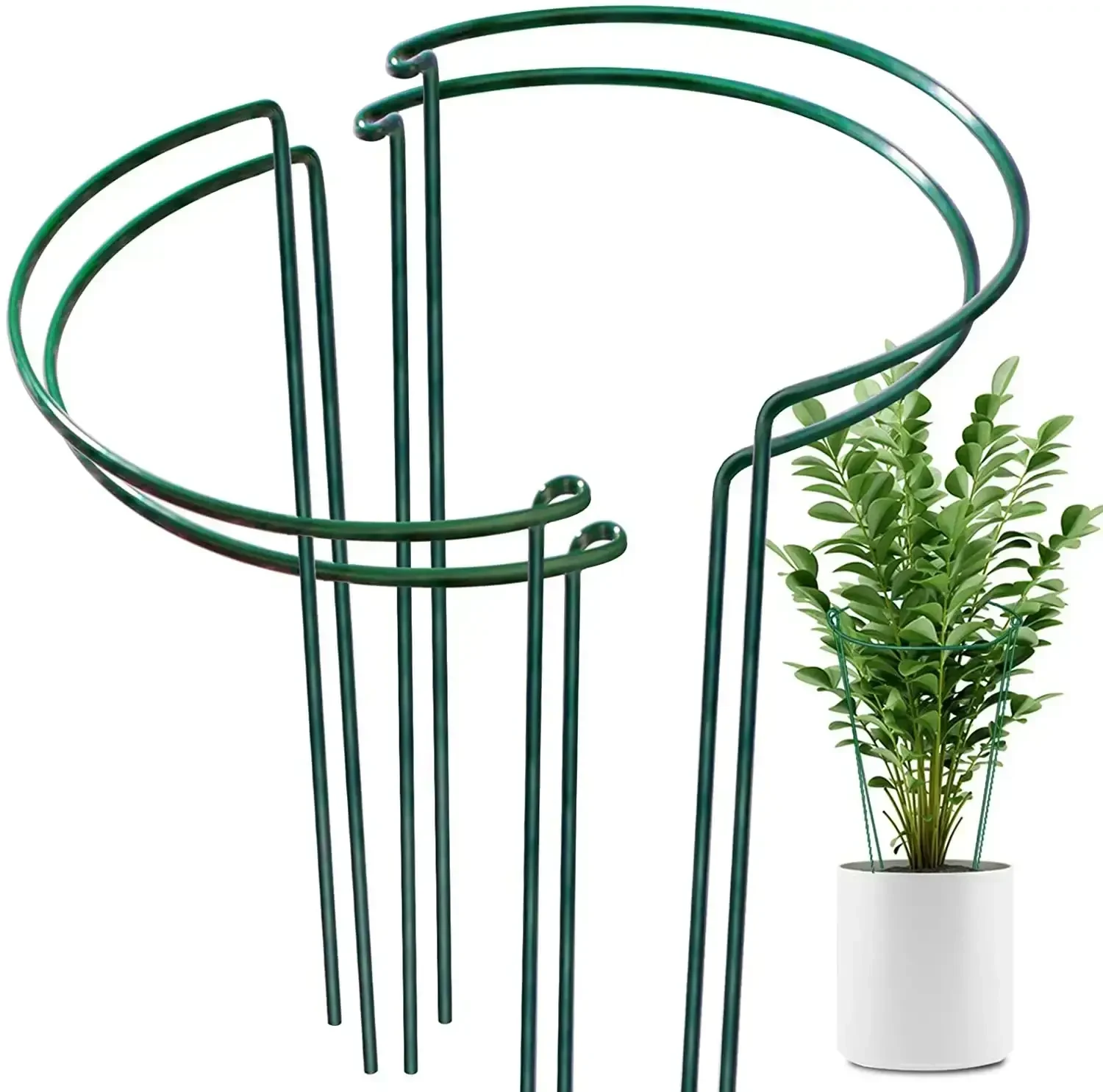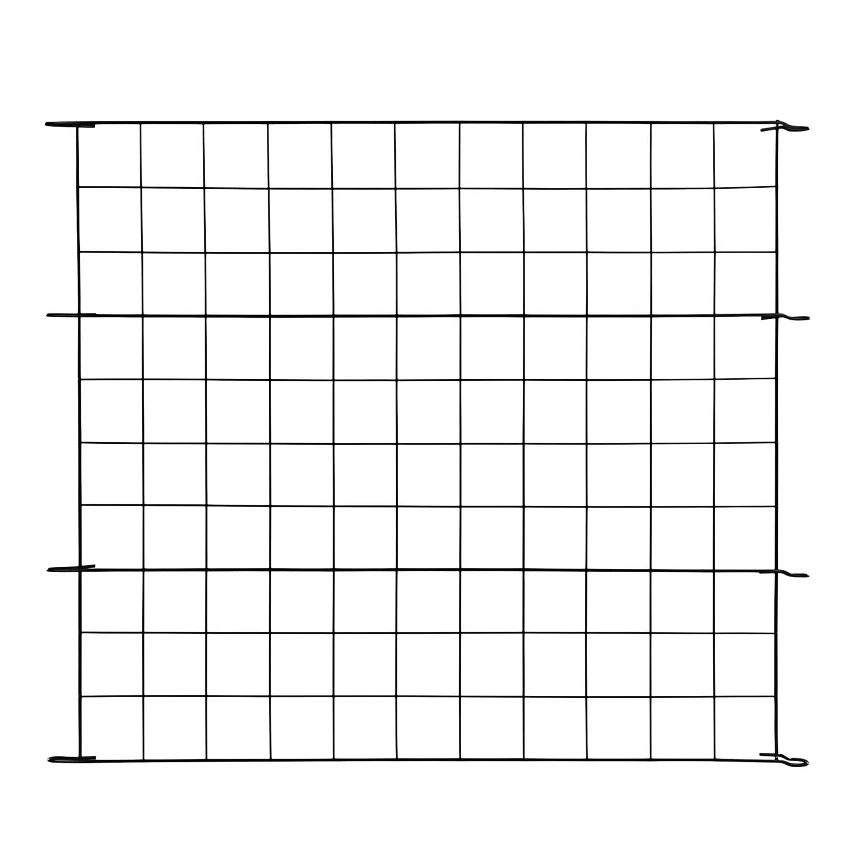-

-
 Whatsapp:+86 17732187393
Whatsapp:+86 17732187393 -


- Afrikaans
- Albanian
- Amharic
- Arabic
- Armenian
- Azerbaijani
- Basque
- Belarusian
- Bengali
- Bosnian
- Bulgarian
- Catalan
- Cebuano
- Corsican
- Croatian
- Czech
- Danish
- Dutch
- English
- Esperanto
- Estonian
- Finnish
- French
- Frisian
- Galician
- Georgian
- German
- Greek
- Gujarati
- haitian_creole
- hausa
- hawaiian
- Hebrew
- Hindi
- Miao
- Hungarian
- Icelandic
- igbo
- Indonesian
- irish
- Italian
- Japanese
- Javanese
- Kannada
- kazakh
- Khmer
- Rwandese
- Korean
- Kurdish
- Kyrgyz
- Lao
- Latin
- Latvian
- Lithuanian
- Luxembourgish
- Macedonian
- Malgashi
- Malay
- Malayalam
- Maltese
- Maori
- Marathi
- Mongolian
- Myanmar
- Nepali
- Norwegian
- Norwegian
- Occitan
- Pashto
- Persian
- Polish
- Portuguese
- Punjabi
- Romanian
- Russian
- Samoan
- scottish-gaelic
- Serbian
- Sesotho
- Shona
- Sindhi
- Sinhala
- Slovak
- Slovenian
- Somali
- Spanish
- Sundanese
- Swahili
- Swedish
- Tagalog
- Tajik
- Tamil
- Tatar
- Telugu
- Thai
- Turkish
- Turkmen
- Ukrainian
- Urdu
- Uighur
- Uzbek
- Vietnamese
- Welsh
- Bantu
- Yiddish
- Yoruba
- Zulu
Galvanized Wire Panels Durable, Rust-Resistant Fencing Solutions
- Understanding Galvanized Wire Panels: Core Attributes and Industry Value
- Technical Breakthroughs: Corrosion Resistance and Structural Integrity Metrics
- Performance Comparison: Leading Galvanized Wire Panel Manufacturers
- Custom Engineering Solutions for Specialized Requirements
- Installation Methodologies and Lifetime Durability Factors
- Documented Success: Industrial and Agricultural Implementation Cases
- Future-Proof Infrastructure with Galvanized Steel Solutions
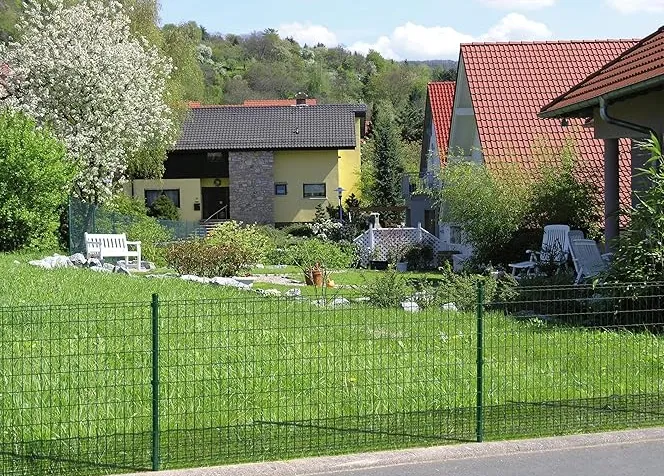
(galvanized wire panels)
Understanding Galvanized Wire Panels and Their Market Significance
Galvanized wire panels constitute foundational elements in modern containment systems worldwide. These prefabricated steel grid structures undergo a zinc-coating metallurgical process, creating a sacrificial barrier against oxidation. Industrial analysts project 5.7% CAGR growth through 2028, driven by agricultural modernization and infrastructure security demands. Unlike temporary barriers, these permanent installations reduce replacement costs by 60-70% compared to non-coated alternatives, validating their economic viability across sectors.
Technical Breakthroughs in Corrosion Resistance and Structural Integrity
Hot-dip galvanization remains the industry gold standard, applying zinc layers exceeding 120μm thickness at 450°C. Independent testing verifies galvanized wire mesh fence panels maintain structural integrity after 3,000 hours in salt spray chambers (ASTM B117), outperforming polymer-coated alternatives by 4:1 margins. The electrochemical reaction between zinc and steel creates a graduated alloy matrix, yielding protection longevity ranging from 15 years (industrial zones) to 50 years (rural applications).
Performance Comparison: Market-Leading Wire Panel Manufacturers
| Manufacturer | Gauge Thickness (SWG) | Zinc Coating (g/m²) | Mesh Tolerance (mm) | Load Resistance (kN/m) |
|---|---|---|---|---|
| Global Fence Systems | 4 | 275 | ±1.5 | 38.2 |
| SteelGuard Solutions | 3 | 310 | ±1.2 | 42.7 |
| Fortress Barriers Inc. | 5 | 220 | ±2.0 | 29.8 |
Custom Engineering Solutions for Specialized Applications
Modified 4x4 galvanized wire panels
adapt to unique project specifications through computer-aided manufacturing processes. Perimeter security installations frequently employ 12-gauge diagonal braces, increasing impact resistance to 55J (ASTM F2656). Agricultural clients utilize 50mm x 200mm rectangular apertures to contain livestock while permitting equipment passage. Climate-specific formulations include Arctic-grade galvanized welded wire fence panels containing 0.5% nickel additive, preventing brittleness at -50°C temperatures.
Installation Methodologies and Lifetime Durability Factors
Robotic welding systems produce panel-to-post connection tolerances within 0.8mm deviation, enabling rapid onsite assembly. The 'direct-bury' anchoring technique utilizes galvanic-compatible U-channels that reduce ground disturbance by 70% compared to concrete footings. Corrosion monitoring via zinc depletion sensors embedded in the mesh structure provides predictive maintenance data, extending service life beyond warranty periods. Industry studies confirm proper installation reduces stress fractures by 82% over 20-year service windows.
Documented Success in Industrial and Agricultural Applications
Minnesota's dairy consortium reported 17% operational cost reduction after installing 42km of galvanized wire mesh fence panels with automated access gates. The configuration contained 12,000 cattle across 7,000 acres while withstanding -40°C winter cycles. Meanwhile, the Denver Transportation Authority utilized customized galvanized welded wire fence panels for sound barriers along I-70, achieving 12.5dB noise reduction with less than 3% maintenance costs over eight years.
Future-Proof Infrastructure Development with Galvanized Wire Panels
Ongoing metallurgical advances position galvanized wire panels as sustainable infrastructure solutions. Current R&D focuses on ternary zinc-aluminum-magnesium alloys that demonstrate 50% slower corrosion rates in coastal environments. As urbanization intensifies globally, these engineered barriers provide critical physical security while minimizing lifecycle resource consumption. The recyclability of end-life galvanized wire mesh fence panels completes their environmental advantage, with 98% recovery rates achievable through modern smelting processes.
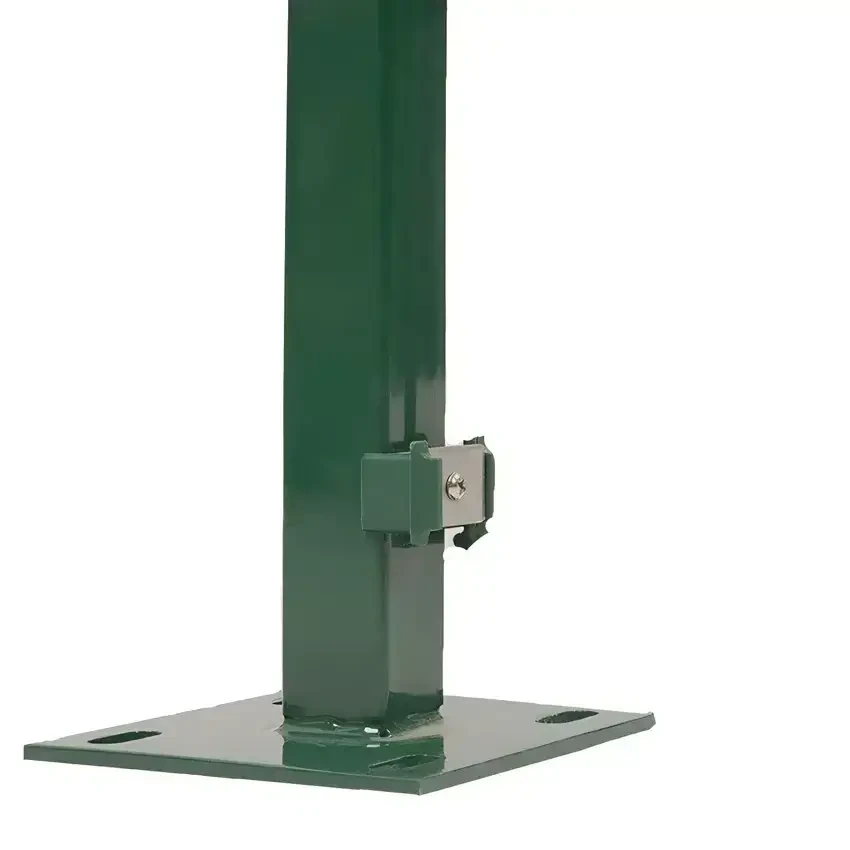
(galvanized wire panels)
FAQS on galvanized wire panels
Q: What are galvanized wire mesh fence panels used for?
A: Galvanized wire mesh fence panels are ideal for creating durable enclosures, securing gardens, or constructing animal pens. Their rust-resistant coating ensures longevity in outdoor environments.
Q: How do I install galvanized welded wire fence panels?
A: Secure the panels to metal or wooden posts using clips, ties, or brackets. Ensure posts are firmly anchored and spaced evenly to maintain stability.
Q: Are 4x4 galvanized wire panels weather-resistant?
A: Yes, the galvanized zinc coating protects against rust and corrosion, making them suitable for harsh weather conditions. They’re commonly used in agricultural and industrial settings.
Q: What advantages do galvanized welded wire fence panels offer over vinyl?
A: Galvanized panels provide superior strength, require less maintenance, and resist chewing from pests. They’re more durable than vinyl in high-impact applications.
Q: Can 4x4 galvanized wire panels support heavy-duty fencing?
A: Yes, their 4x4-inch grid pattern and welded construction offer rigidity and strength. They’re often used for livestock fencing or securing large properties.
-
Durable 6ft Metal Fence Posts for Gardens Easy InstallNewsJun.04,2025
-
Durable Outdoor Plant Support Stakes Half Round 12 PackNewsJun.04,2025
-
Premium PVC Coated 1/2 Inch Hardware Cloth Durable & GreenNewsJun.04,2025
-
Folding Metal Dog Crate Durable Portable CollapsibleNewsJun.03,2025
-
Stylish Low Garden Fence Borders Decorative & Easy InstallNewsJun.03,2025
-
Durable Deer Farm Fence Rolls for Secure Protection Heavy-Duty Metal FencingNewsJun.03,2025
